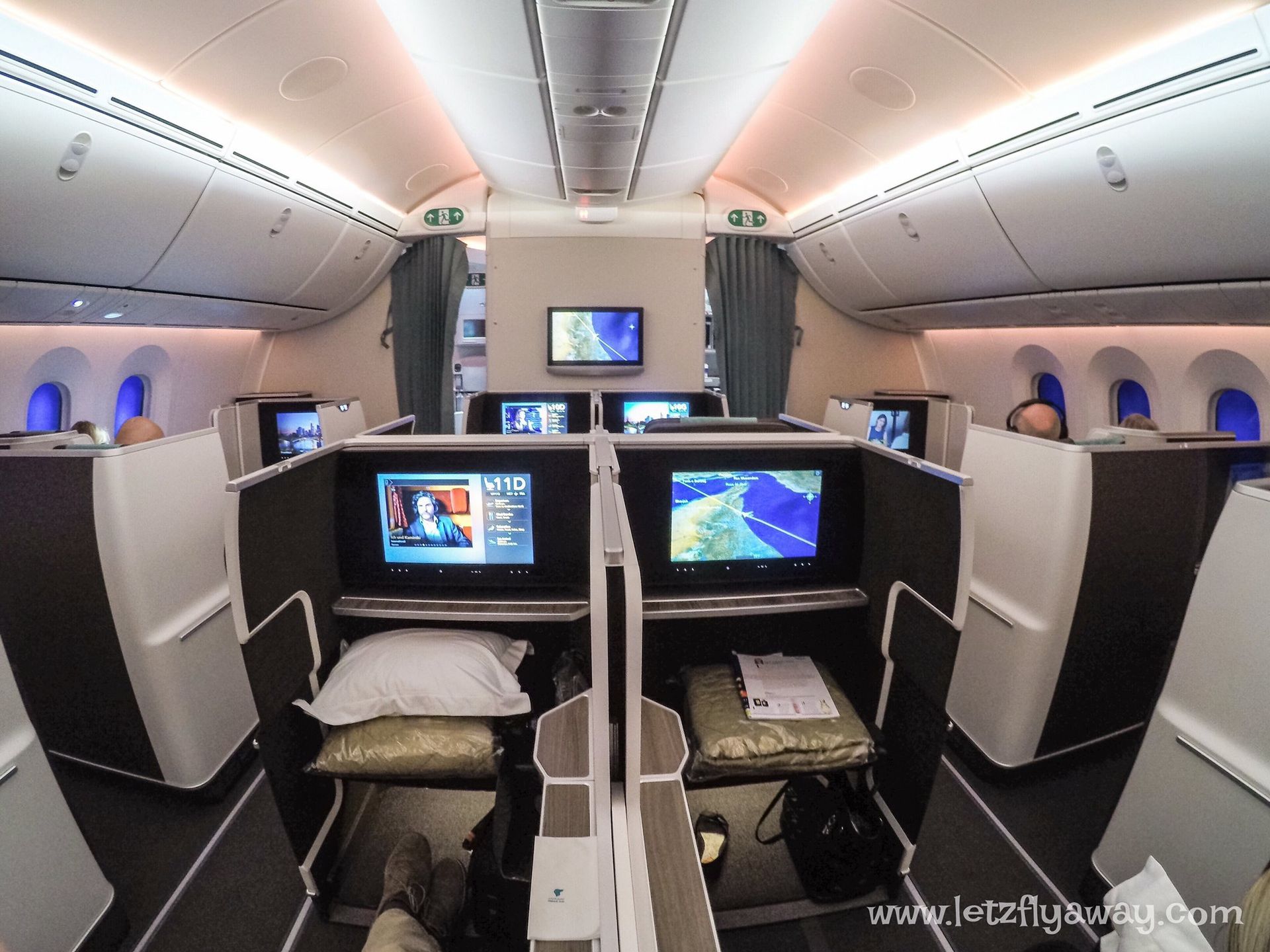Greetings and Common Phrases
When learning Brazilian Portuguese, one of the first things you’ll want to master are the basic greetings and common phrases. “Olá” is the Portuguese word for “hello,” while “como vai você?” means “how are you?”
Other essential phrases include “por favor” for “please,” “obrigado/a” for “thank you,” and “com licença” for “excuse me.” These simple phrases will help you navigate everyday interactions with native Portuguese speakers. Uncover new perspectives on the subject with this specially selected external resource to add value to your reading. How to speak Brazilian portuguese https://Speakbrazilianportuguese.com.
Numbers and Time
Understanding numbers and telling time is crucial in any language. In Brazilian Portuguese, the numbers 1-10 are fundamental to grasp. “Um” is “one,” “dois” is “two,” and so on.
When it comes to telling time, it’s important to know phrases like “que horas são?” which means “what time is it?” and expressions for different parts of the day such as “bom dia” for “good morning,” “boa tarde” for “good afternoon,” and “boa noite” for “good evening/night.”
Food and Drink Vocabulary
Brazil is known for its diverse and flavorful cuisine, so it’s essential to have a basic understanding of food and drink vocabulary. “Arroz” is “rice,” “feijão” is “beans,” and “carne” is “meat.”
Additionally, knowing key phrases for ordering food and drink, such as “eu quero” for “I want” and “a conta, por favor” for “the check, please,” can enhance your dining experience in Brazil.
Transportation and Directions
When traveling in Brazil, being able to ask for directions and understand transportation terminology is invaluable. “Onde fica?” means “where is it?” and “à direita” and “à esquerda” are essential for understanding directions as “to the right” and “to the left,” respectively.
Furthermore, familiarizing yourself with Portuguese words for modes of transportation like “ônibus” for “bus,” “trem” for “train,” and “metrô” for “subway” will aid in navigating the country’s public transit system.
Common Expressions and Slang
Finally, delving into common expressions and slang can provide insight into the local culture and add depth to your language skills. For example, “legal” is a commonly used term meaning “cool” or “great,” while “muito obrigado/a” is an emphatic way to say “thank you very much.”
Learning Brazilian Portuguese slang like “bater um papo” for “to chat” or “dar um jeitinho” for “to find a way” can help you connect with native speakers on a more informal level. Expand your understanding of the subject by visiting this external website we’ve handpicked for you. How to speak Brazilian portuguese, get a more complete picture of the topic discussed.
In conclusion, mastering the essentials of Brazilian Portuguese vocabulary is pivotal for anyone looking to communicate effectively and immerse themselves in the rich culture of Brazil. From greetings and common phrases to food and drink vocabulary, understanding these fundamental aspects of the language will enhance your overall learning experience. Whether you’re planning to travel to Brazil or simply eager to expand your linguistic horizons, embracing these essential words and expressions will undoubtedly elevate your proficiency in Brazilian Portuguese.
Expand your view on the subject with the related posts we recommend:


